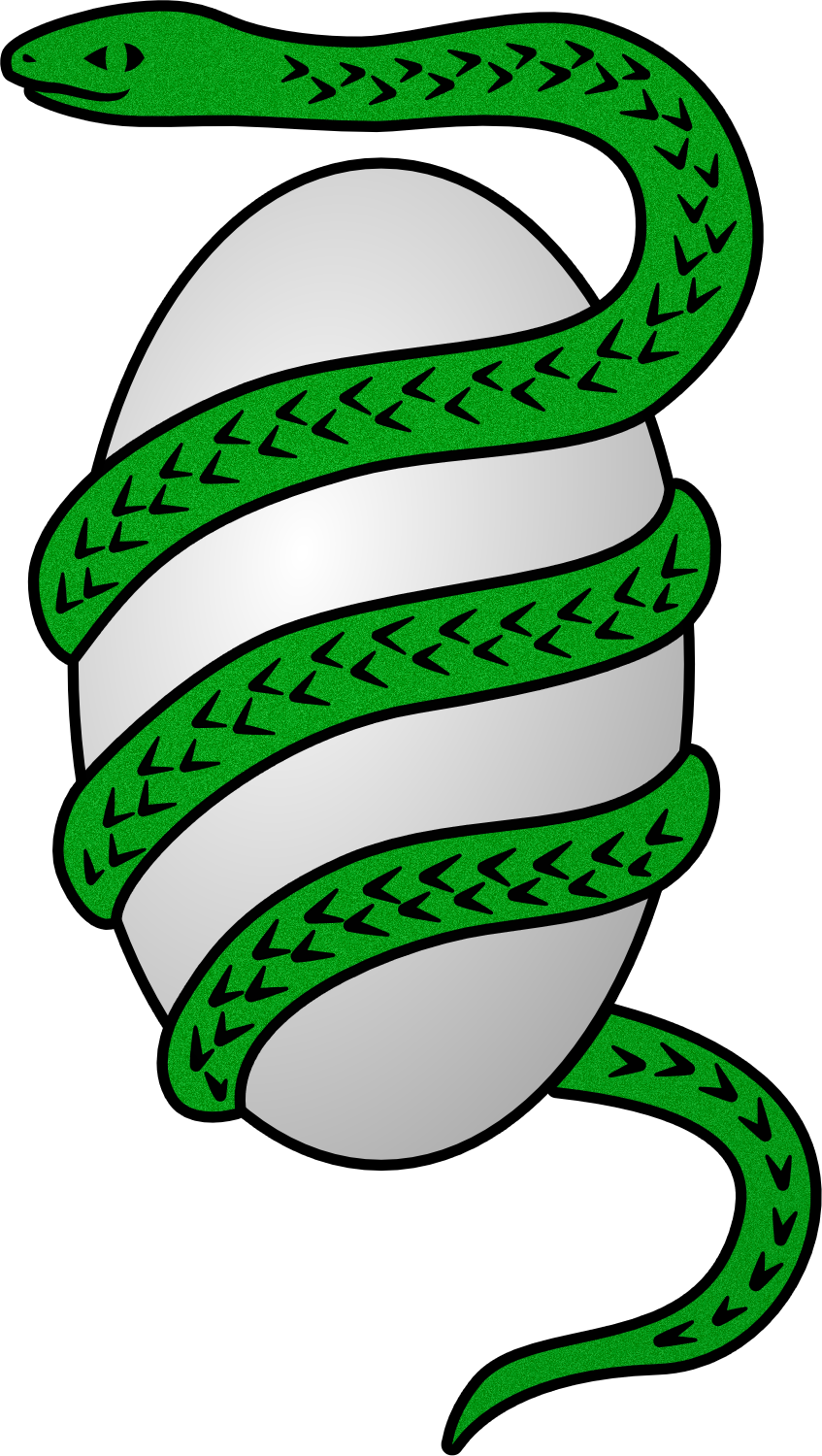Who and What is Orphicaeum?
If you are new, start here!
Table of Contents:
The Orphicaeum Mission
Core Tenets of Ancient Orphism
Meet the Founder
Getting Started
Links
The Orphicaeum Mission
Orphicaeum is dedicated to the reconstruction, preservation, revival, and cultivation of the ancient Orphic religion.
‘Reconstructionism’ is a method of dealing with ancient religions: In the case of Orphicaeum, it means that teachings are derived from primary sources (i.e. ancient texts) if at all possible, from scholarly/historical secondary sources when primary sources are lacking, and from innovation based on the first two when necessary.
That does not mean, however, that Orphicaeum aims to be frozen in time. Orphism itself evolved in the ancient world over the course of roughly a thousand years, and various attempts have been made since then to revive the religion, each met with varying success.
Our commitment to reconstructionism is not an exclusive one; we do not aim to be reconstructionist at the expense of the other goals in the mission, i.e. preservation, revival, and cultivation of the religion. Instead, each point in our mission is of equal importance. Focus on preservation, revival, and cultivation are all equal to the focus on reconstructionism.
In addition to the writings here, Orphicaeum has a Discord server and a website. At the time of writing this, the group is small, and nothing is set in stone. Things are constantly growing and taking shape. Every new member can have a big impact on the group. The best way to get involved would be to introduce yourself in the Discord server.
Core Tenets of Ancient Orphism
The Universe is a single, complex, divine entity, full of Gods.
Every living thing has a mortal body and an immortal Soul.
Souls undergo a process of transmigration through many mortal lives.
The purpose of each mortal life is to purify the Soul.
Each time a Soul reaches the afterlife, its purity is assessed.
Pure Souls are freed from the cycle of transmigration.
Freed Pure Souls ascend in unity to the Gods forever.
Meet the Founder
My name is Tiberius Caelius Quadratus. To quote Kallímakhos of HellenicGods.org, “I am no-one special.” I, like many before me, went through a rough period in my life. During that period, I asked myself the same thing many times: “Why am I here? What is this all for?”
While this was ongoing, I was rekindling my childhood love of Greek Mythology and my high-school infatuation with Philosophy. Now, as an adult, I am able to engage with the texts on a deeper level, and it is easier for me to more fully grasp the things being presented in them. (That’s not to say that I completely understand everything; no one ever can.)
Maybe this was the perfect storm. Whatever happened, I found purpose in it. I found myself constantly and consistently drawn to one specific thing: Orphism. Since then, I have been unable to step away and study anything else. One of the first things anyone will learn about Orphism is that scholarship is murky and nebulous; some scholars have very clear ideas of what it was, others have very clear ideas of what it never was, but no two scholars agree on the whole thing.
I do not come as a scholar, per se. Although I try to make my approach a scholarly one, I found Orphism only after seeking to learn about worshipping the Gods of ancient Greece. I don’t have anything to note of my education beyond a high-school diploma. Scholarship, at any rate, seems to frequently neglect the believer’s perspective; for whatever reason, scholars are sometimes quick to raise and dismiss ‘unanswered questions’ or contradictions that, in the eyes of a believer, are easily reconciled or otherwise not unanswered.
I have been blessed with, as Plato would say, “a babble of books”, and a seemingly infinite time to explore them. I know that not everyone has this luxury, and I am eternally grateful for it. I started Orphicaeum with a single goal in mind: to create an Orphic Temple, a place where anyone interested is able to come and explore Orphism in the comfort of a like-minded community of believers.
Getting Started
To begin, here are some things you can read for free:
Orpheus, Famous-in-Name; An introduction to the Life, Logoi, and Legacy of Orpheus.
On Orphic Self-Initiation; An examination of a specific epitaph, whether or not it is Orphic, and what it being Orphic could mean for a modern solo Orphic practitioner.
On Long, Snow-clad Olympus; A search for specific epithets of Olympus using Column 12 of the Derveni Papyrus as a hermeneutical lens; “Time” is the dwelling-place of the Gods.
On the Many Names of Orphic God, Pt. I; A study of the Derveni Papyrus and what it can tell us about the Orphic perspective on divinity; The universe as a holistic divine entity permeated by a multifaceted force of divinity.
After these three, you should have a good feel for what Orphism means to us. If you want to keep reading, the paywall in the article below shows up fairly late:
On the Soul and its Σῶμα / Σῆμα; A survey of ancient texts relating to Orphic beliefs regarding the Soul and the afterlife, and the ‘Orphic Life’ that practitioners lead as a result.
Beyond these, the rest of our articles are paywalled and intended for Orphicaeum members.
Links
If you like what you’ve read, and would like to join a like-minded community of Orphics, or if for whatever reason you feel that you’d be more beneficial to building up Orphicaeum in addition to (or instead of) supporting it monetarily, please join our Discord server here:
If you’d like a more hands-off approach to being a member, or would prefer only to read and not to be directly involved, you can become a subscriber and unlock everything from our newsletter here:


